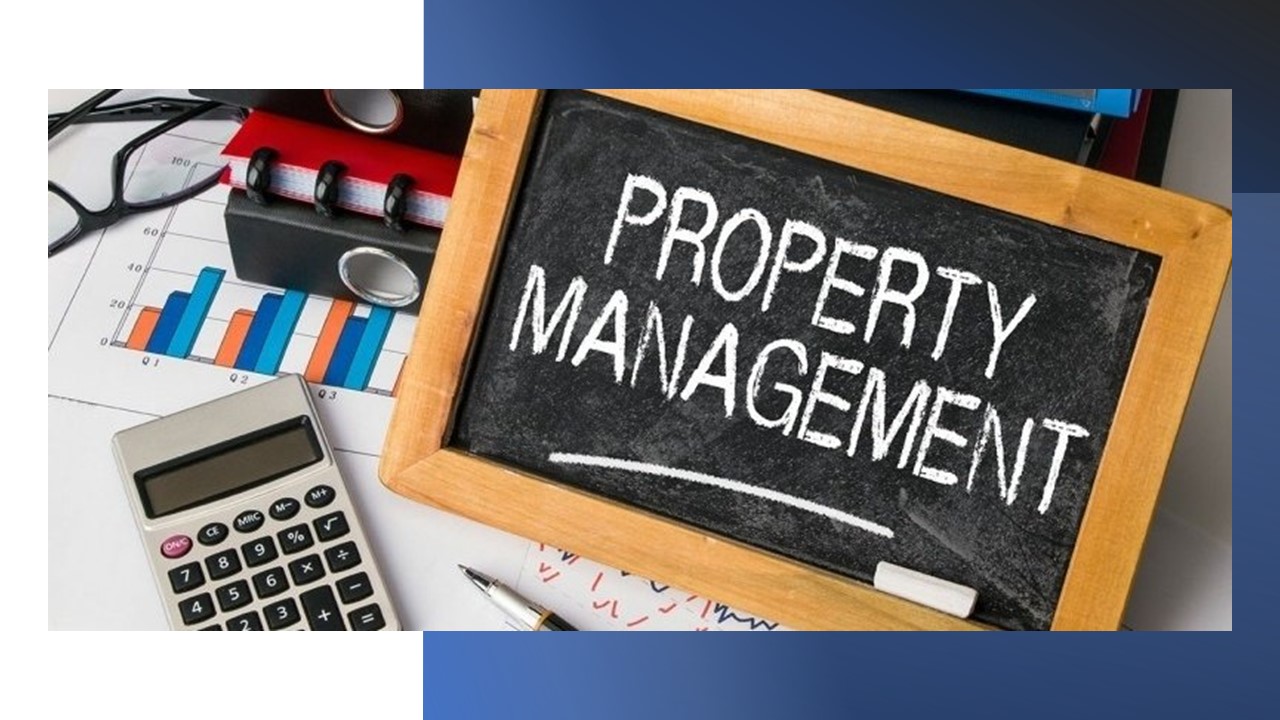
21 Oct Should I Hire a Property Manager or Self-manage my Rental Properties? The Case for and Against Property Managers.
I know landlords in their seventies with dozens of units that they still self-manage. I know landlords who never met any of their tenants. Through the years, I’ve heard all sorts of opinions from real estate investors.
Statements I have heard from people who don’t like using property managers:
- “Property managers get paid way too much! I’m not going to pay them 10% of the rent.”
- “You don’t need a property manager. I have an on-site super who handles tenant issues for me.”
- “I fired all the property managers I hired because they don’t care about the property as much as me.”
- “Property managers don’t advertise well to find new tenants.”
- “The property manager I had wouldn’t get back to me for days, and just imagine how long they take to get back to my tenants.”
- “The property manager picked tenants without my knowledge or permission, and they signed all the leases instead of me.”
- “The property manager is in cahoots with the contractors. Every month there is this repair and that repair. I bet they’re getting a kickback from the contractors.”
- “It’s not really that much work. I’ll do it myself until I have too many rentals to manage.”
Statements I have heard from people who insist on using property managers:
- “What’s the value of your time? You should be focused on finding and negotiating your next deal, not dealing with toilets, tenants, and termites.”
- “A great property manager creates more revenue than their fee, so you’re better off with one.”
- “You don’t want tenants to know who you are or where you live.”
- “I don’t want my mind occupied with excuses about the late rent or drama. I let my property manager deal with those things.”
- “Property managers are skilled at picking good tenants – more skilled than I am.”
- “I don’t have the temperament or the knowledge to deal with tenants. My property manager protects me from myself.”
- “My property manager and their team of maintenance people prolong the life of my property and the mechanical systems. They save me money in the long run by fixing little problems before they become big problems.”
- “I can go away on vacation and not have to worry that tenants are contacting me when I don’t have cell service. The property management firm takes all the calls.”
- “My property manager pays my utility bills and saves me time.”
- “I get an organized monthly report, which would be too much trouble for me to create on my own.”
- “If I ever wanted to sell, my property manager knows lots of other landlords who might want to buy.”
- “They have their own contractor network and get good pricing for repairs.”
- “My property manager is a licensed agent and can help me find deals and sell my properties.”
If you know that you don’t have the patience, the time, or the skills to manage tenants but still want the long-term wealth-building opportunities of rental real estate, then hiring a professional property manager makes perfect sense. If you have many units and believe your time is better spent finding new deals (or you just want to spend time relaxing with family and friends), then hiring a property manager frees you up. If you live far away from your rental units, then hiring a local manager is a wise move.
If you’re looking to learn the business and build skills, managing your own tenants (for now) will save you money and provide valuable experience. If you have free time or need to save money, self-managing makes sense. If you have good systems and quality tenants in place, then self-managing is perfectly fine.
Consider your long-term strategy. What if you’re successful and acquire dozens of units over the years? Do you want to be in your sixties, seventies, or eighties personally managing your properties? What if you pass away unexpectedly? Will you leave a mess for your heirs? Having a property management team in place will ensure that your tenants and heirs have a smooth transition when the inevitable happens to you.
Another option to consider is hiring your own in-house property manager. In other words, you could have an employee handle the day-to-day operations for your portfolio. Some bigtime landlords do this. There are also business owners who have their personal assistant or other employee take on a part-time or full-time management role.
One other thing some landlords with multi-unit buildings do is have a building super (also known as a superintendent or resident manager) on site. The super might reside in the building for little to no rent in exchange for their services. In some states, the super may be limited in the scope of work they can perform. For example, some states do not allow an unlicensed person other than the owner to negotiate rent terms or sign leases.
The key is knowing when to apply leverage so you can focus on what matters most to you.
Tai DeSa is a graduate of The Wharton School of the University of Pennsylvania. He became a full-time real estate investor in 2004 after serving in the U.S. Navy. Tai has made colossal mistakes in investing (and learned some things along the way). He has helped hundreds of homeowners avoid foreclosure through successful short sales. Check out Tai’s books on Amazon.com. Tai may be available for coaching and speaking engagements on a variety of real estate topics. Send an email to tai@investandtransform.com.






No Comments